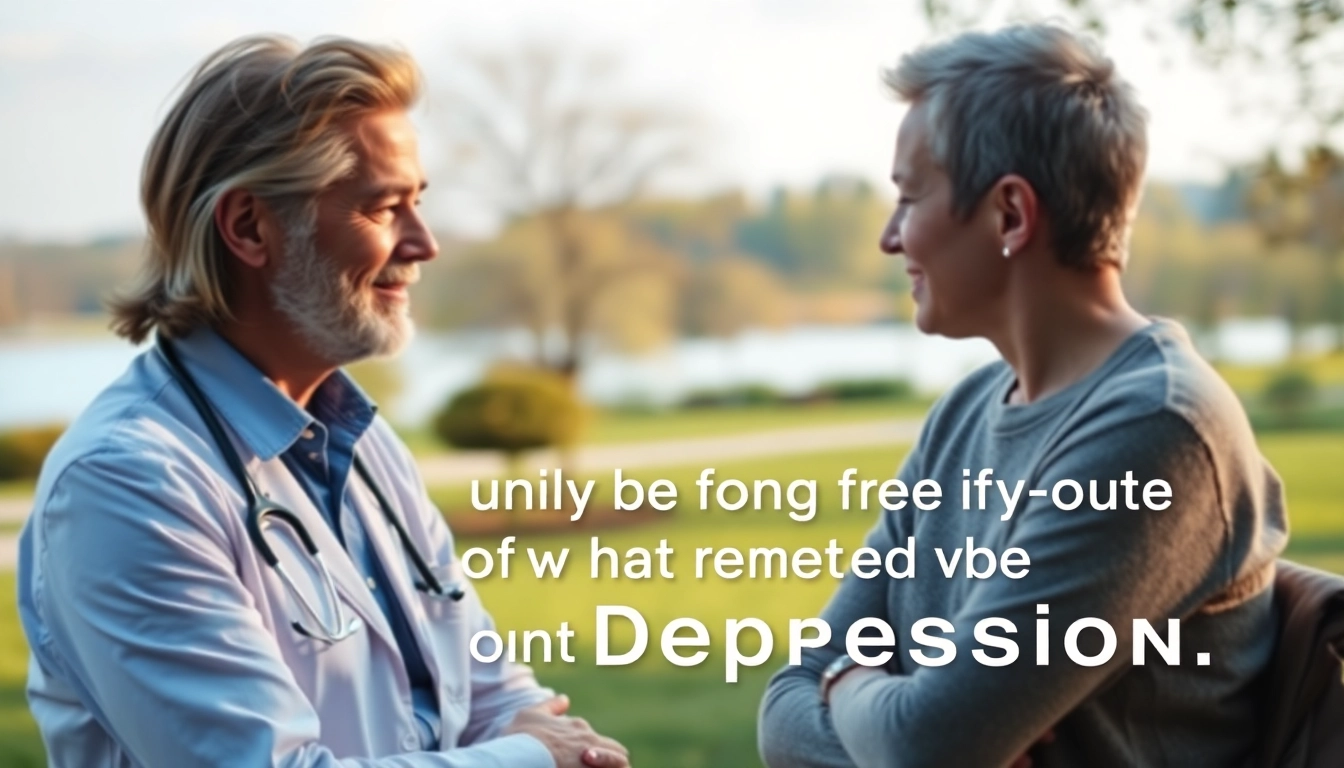The Basics of Attachment Theory
Definition and Origins of Attachment Theory
Attachment theory is a psychological framework originally developed by John Bowlby in the mid-20th century that explores the deep emotional bonds formed between individuals, primarily between a child and a caregiver. Bowlby postulated that the relationship a child has with their primary caregiver can significantly influence their emotional and social development throughout life. By investigating the ways in which these relationships manifest, attachment theory provides a lens through which to understand the dynamics of interpersonal relationships from childhood into adulthood. At its core, attachment theory emphasizes the importance of these early bonds and their lasting impact on behavior, emotions, and mental health.
Key Concepts: Secure, Anxious, and Avoidant Attachments
Central to attachment theory are the different styles of attachment that develop in infancy. Bowlby identified several categories, including:
- Secure Attachment: Characterized by a strong, healthy bond where a child feels valued and understood. Individuals with secure attachment tend to have more satisfying interpersonal relationships in adulthood.
- Anxious Attachment: Marked by a high need for approval and fear of abandonment. Adults with this style may become overly dependent on their partner and experience anxiety in relationships.
- Avoidant Attachment: Defined by a reluctance to rely on others. People with avoidant attachment often struggle to express their feelings or may withdraw from emotional intimacy.
Understanding these attachment styles is crucial for those seeking to navigate their own relationships or engage with a attachment theory specialist to address specific interpersonal challenges.
Impact of Childhood Experiences on Adult Relationships
The impact of early attachment experiences can greatly shape adult behaviors, including patterns in romantic relationships and friendships. Research indicates that secure attachments in childhood foster confidence and emotional stability in adulthood. Conversely, individuals with anxious or avoidant attachments may struggle with trust, fear of intimacy, or difficulties in communication. Recognizing these patterns allows individuals to reflect on their behaviors and understand the underlying reasons, often leading to a desire for therapeutic intervention.
Identifying an Attachment Theory Specialist
Qualifications and Training for Attachment Therapy
Specialists in attachment theory typically possess advanced degrees in psychology, social work, or counseling, often holding licenses that permit them to practice therapeutic techniques. Additionally, many attachment theory specialists receive certification in specific methods that build upon attachment theory, such as Emotionally Focused Therapy (EFT) or Attachment-Based Family Therapy (ABFT). This vigorous training ensures these professionals are well-equipped to address the complexities of attachment-related issues.
Difference Between Therapists and Attachment Theory Specialists
While all therapists aim to assist individuals in overcoming personal challenges, attachment theory specialists specifically focus on the influence of attachment styles on an individual’s thoughts and behaviors. This often involves a deeper exploration into the client’s past relationships and how they shape current interpersonal dynamics. In contrast, general therapists might not emphasize these attachment constructs and may approach therapy through more universal frameworks.
How to Assess a Therapist’s Expertise in Attachment
When searching for an attachment theory specialist, it’s essential to assess their expertise. Potential clients should inquire about the therapist’s training, experience, and familiarity with attachment theory. Questions might include:
- What specific methods and techniques do you use in your practice related to attachment theory?
- How do you assess a client’s attachment style during therapy sessions?
- Can you provide examples of how attachment theory has influenced your work with past clients?
Evaluating a therapist’s responses can provide insight into their depth of knowledge and how well they may support your therapeutic needs.
Benefits of Working with an Attachment Theory Specialist
Healing from Past Relationships and Trauma
Working with a specialist can facilitate a meaningful exploration of past relationships, guiding clients through the healing process from attachment-related trauma. This therapeutic relationship creates a safe space for clients to confront painful emotional experiences and develop coping strategies to overcome past wounds. By understanding how these issues manifest in current relationships, clients can begin to move toward greater emotional resilience.
Improving Communication and Connection Skills
Many individuals struggle with expressing their emotions, setting boundaries, or establishing connections with others. An attachment theory specialist can assist by enhancing clients’ communication skills through active listening exercises and role-playing scenarios. By helping clients articulate their needs and navigate dialogues, they can build healthier, more meaningful connections.
Building Healthier Relationships in the Future
Ultimately, the insights gained from working with an attachment theory specialist can lead to substantial improvements in future relationships. Clients can learn to identify their patterns, communicate effectively, and establish secure attachment styles with others. As a result, the knowledge acquired can lead to more profound connections and a healthier approach to interpersonal relationships.
Effective Techniques Used by Attachment Theory Specialists
Emotionally Focused Therapy (EFT)
EFT is a therapeutic approach specifically designed to address attachment-related issues within romantic relationships. By focusing on the emotional bond between partners, EFT aims to deepen connections, improve communication, and resolve conflicts. The therapist guides couples in recognizing and responding to each other’s emotional cues, paving the way for increased empathy and understanding.
Attachment-Based Family Therapy (ABFT)
ABFT is utilized to strengthen familial relationships while addressing issues related to attachment. This approach emphasizes the healing of attachment wounds within a family context, paving the way for increased trust and understanding. Therapists work with families to explore emotional expression, guiding members to recognize their roles and contributions within family dynamics.
Cognitive Behavioral Strategies
Many attachment theory specialists incorporate cognitive-behavioral therapies to help clients identify and alter negative thought patterns related to their attachment styles. Techniques such as journaling, mindfulness exercises, and cognitive restructuring can assist clients in reframing their past experiences and supporting themselves in building healthier attachments.
Finding the Right Specialist for Your Needs
Questions to Ask During Your Initial Consultation
Finding the right attachment theory specialist is a critical step in achieving therapeutic success. During your initial consultation, consider asking questions that gauge their proficiency and approach, which may include:
- What is your experience with clients who have similar attachment challenges?
- How do you tailor your sessions to meet individual client needs?
- What can I expect in terms of progress or outcomes when working together?
Utilizing Online Resources and Directories for Therapists
Many online resources provide directories of attachment theory specialists. These platforms allow users to filter potential therapists based on geographical location, expertise, and client reviews. Resources like Psychology Today offer extensive databases, enabling individuals to connect with qualified professionals who align with their specific needs.
Understanding the Importance of Cultural Competence
When selecting an attachment theory specialist, it’s vital to consider their cultural competence – their ability to understand and respect diverse cultural backgrounds. Attachment styles can vary across cultures, and a culturally competent therapist can provide insights that resonate with an individual’s experiences. This consideration can deepen the therapeutic relationship and improve the overall efficacy of treatment.



